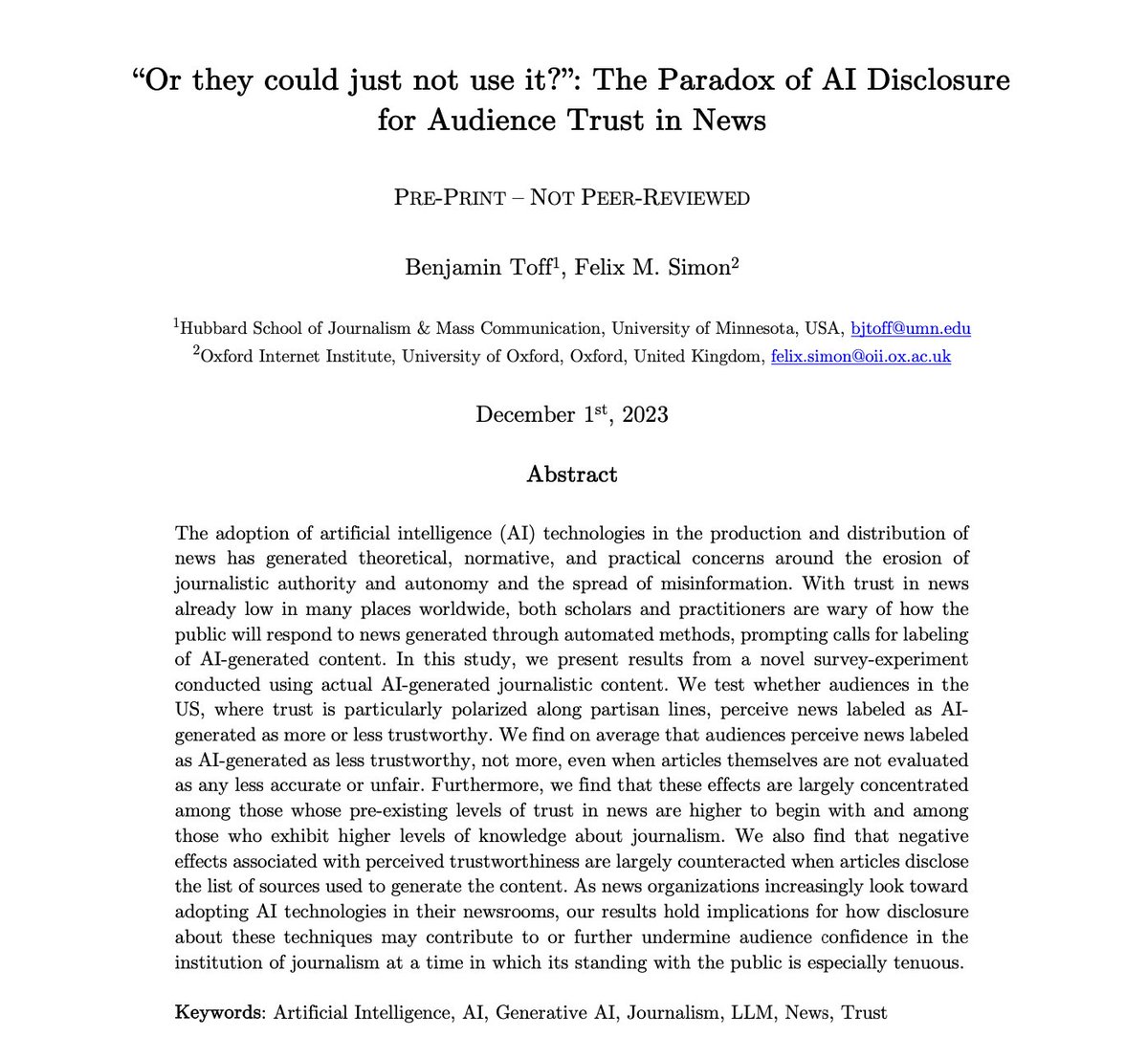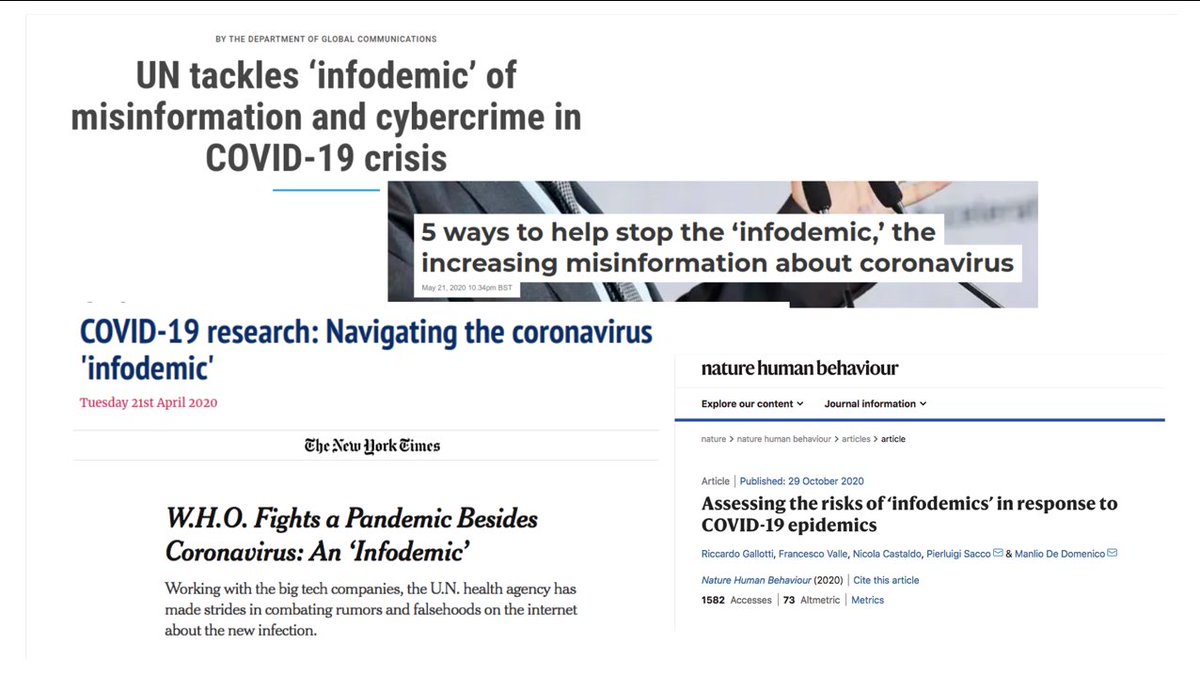🚨 3 countries 🇮🇳🇵🇭🇿🇦, 3 outlets, 45 interviews – all in an effort to understand how news orgs innovate under pressure and combat disinformation.
As @julieposetti is launching our @risj_oxford #newsinnovate report at #ijf19, some takeaways from Julie’s, @lahnabee’s and my work.
As @julieposetti is launching our @risj_oxford #newsinnovate report at #ijf19, some takeaways from Julie’s, @lahnabee’s and my work.

First of all: We studied @TheQuint in India, @rapplerdotcom in the Philippines, and @dailymaverick in South Africa – digital-born outlets in challenging media, political, and press freedom environments in the Global South. 

The main challenges for them: desolate state of press freedom, problems of disinformation, & attacks on them, with social media leveraged by some political actors, orchestrated ‘troll networks’, and members of the public to direct abuse and threats at the organisations & staff. 





How did they respond? Through a combination of:
- doubling down on their mission (journalism as a public service)
- focus on journalistic values
- multi-layered approaches to fact-checking
- the use of data journalism/ network analysis
- collaboration with audiences
- doubling down on their mission (journalism as a public service)
- focus on journalistic values
- multi-layered approaches to fact-checking
- the use of data journalism/ network analysis
- collaboration with audiences

They do this work by:
- placing their audiences first, with an emphasis on building trust
- they ‘pivot to defending truth’ – the strategic defence against disinformation as a chance to build new revenue streams (membership models, acquiring expertise that can be monetised)
- placing their audiences first, with an emphasis on building trust
- they ‘pivot to defending truth’ – the strategic defence against disinformation as a chance to build new revenue streams (membership models, acquiring expertise that can be monetised)

In total, we distilled 9 key lessons from our field research and interviews…#newsinnovate 

Here are some of my favourite quotes from the report which highlight some of the aspects outlined above. From the @rapplerdotcom’s @mariaressa… 

From the @dailymaverick’s Styli Charalambous… 

If you want to find out more about our #newsinnovate report, here’s the link to the full report at the @risj_oxford’s website (free download)…
reutersinstitute.politics.ox.ac.uk/our-research/l…
reutersinstitute.politics.ox.ac.uk/our-research/l…
• • •
Missing some Tweet in this thread? You can try to
force a refresh













